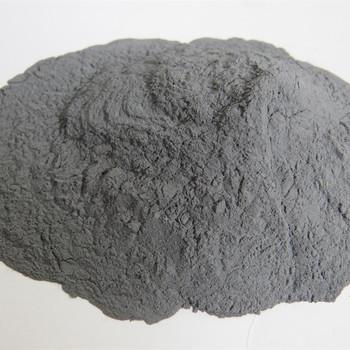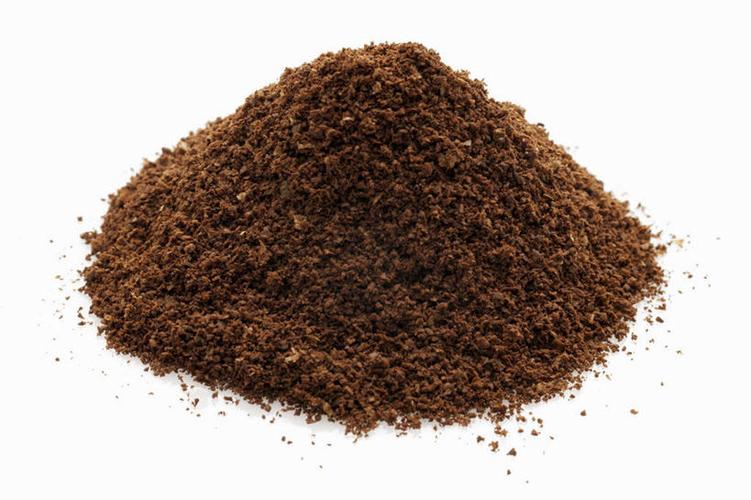Antimony tin refers to alloys primarily composed of tin with antimony as the key alloying element. These combinations significantly enhance the properties of pure tin, creating materials vital for specific industrial applications. The addition of antimony fundamentally alters tin’s characteristics.
(antimony tin)
The most significant improvement is in mechanical strength. Antimony hardens the tin matrix considerably. Pure tin is relatively soft and malleable, but antimony tin alloys exhibit much greater hardness and resistance to deformation. This makes them far more durable under stress. Furthermore, antimony improves the alloy’s resistance to fatigue and creep, meaning it performs better under sustained loads or repeated stress cycles over time compared to pure tin. While the melting point is lowered somewhat compared to pure tin, it remains practical for many uses. The alloys also retain good fluidity when molten, aiding casting processes. Thermal expansion properties are also favorable for certain applications.
(antimony tin)
These enhanced properties dictate the primary uses of antimony tin alloys. A major application is in the production of high-strength bearing alloys, often combined with copper and lead. Here, the hardness, fatigue resistance, and conformability of antimony tin are crucial for bearing performance under load. Another significant use is in pewter, the traditional tableware alloy, where antimony provides the necessary hardness and durability. Antimony tin alloys also form the basis of many lead-free solders, essential in modern electronics manufacturing. The addition of antimony improves the mechanical strength and wetting characteristics of the tin solder. Tin-antimony alloys are also employed in specialized casting applications and as a minor hardening component in other tin-based alloys. In essence, antimony transforms soft tin into a versatile engineering material.
Inquiry us
if you want to want to know more, please feel free to contact us.

